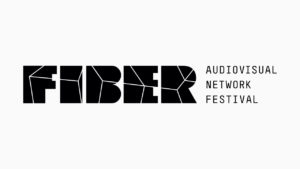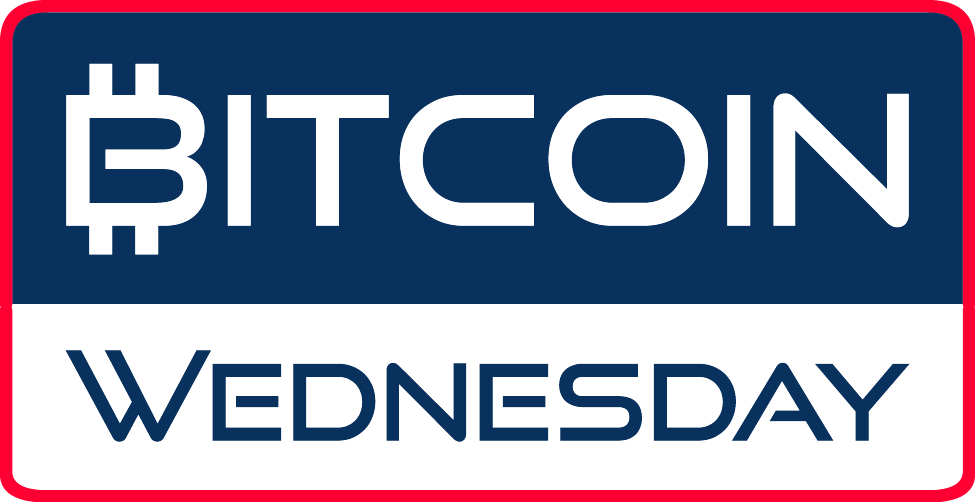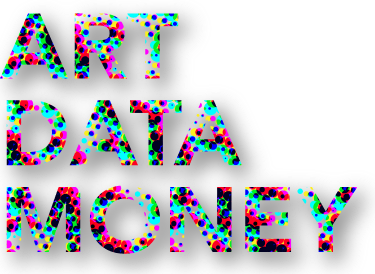MoneyLab #3 draws closer and, at three weeks from the event, we are particularly happy to present the six workshops that will take place between panel discussions on Universal Basic Income, Cooperatives and the Commons or Financial Surveillance and artworks. Join us on the 1st and 2nd of December at Pakhuis de Zwijger, Amsterdam. See the full program here or buy tickets here.
- Fiber – an Amsterdam based foundation for cutting-edge audiovisual art, digital culture and deep electronic music – will trace the roots of crypto-movements in technological activism and artistic interventions to outline motivations and positions from a historical as well as technological perspective with an interactive workshop entitled ‘The Politics of the Cyphersphere’. The goal is to discuss possible pitfalls and current discourses around future applications of the blockchain from a socio-political dimension.

- Are you ready to embark on a journey of self-discovery by interactively re-imagining your interaction with money and exploring alternative ways for individuals to participate in the economy? ‘How can Accountants Save the World’ by The Accountability Institute will explore the social constructivist nature of accounting and the pervasive role its language plays in our everyday lives. Because accountants have an immense possibility to save the world… If they begin to change their language from one of ac’count’ing to one of accountability.
- During ‘Prevailing over Money’ Telekommunisten Dmytri Kleiner and Baruch Gottlieb will look at the social function of money and how it could be managed in a solidarity economy. Money takes the blame for economic inequality. But blaming money as a device is politically ineffectual. Money is merely a social technology which, like every technology, benefits those with power disproportionally. Consequently, this workshop will examine what policies will be effective to move the current system towards a more equilibrial and sustainable social form.
- Seven years of innovation and millions of dollars of investment have led to a proliferation of blockchain solutions designed to reduce dependence on authorities like governments and banks. What might sound like science fiction is now happening: self-executing, decentralized networks in which ‘trust’, ‘governance’ and ‘consensus’ are coded into protocols. ‘Governance in the Age of Blockchains and Digital Currencies’, hosted by Bitcoin Wednesdays, will explore questions such as: what alternatives for governance do these new technologies offer? How will they affect our world? Will we soon see smart contracts, Swarms and Decentralized Autonomous Organizations replace traditional, centralized bureaucratic powers

- In the ‘Flexonomix District Currency Game’ workshop, organized by NetHood, participants will, by inhabiting the role of a co-op member, be asked to improve living conditions for their district using the skills and requirements of the community. At the end of each round, new decisions will adjust the process. The District Currency is a newly designed commons-based community currency developed by FleXibles in Zurich, which is used as a role model to demonstrate the power of democracy and the commons through an interest-free monetary system.
- Attend Furtherfield’s ‘Role Play Your Way to Budgetary Blockchain Bliss’ workshop to role play the formation of a DAO for solidarity and a commons for the arts in the age of networks, work through the asymmetries, dramas, inequities and politics of coalitions across difference…. starting with the budget! Since 2013, blockchains have become a focus for investment by world banks, fintechs and corporations who predict a fourth industrial revolution of super-automation and hyperconnectivity that will increase global inequity. In this version of the future, code replaces legislation. Decentralized Autonomous Organisations (DAOs) route around systems of regulation and taxation via immutable smart contracts. Those that grew up with the www know that decentralized infrastructure does not equate to decentralized power. Therefore it is crucial that people from diverse disciplines and backgrounds are involved when working out how blockchain technologies can be shaped in the interests of more diverse needs and interests.



